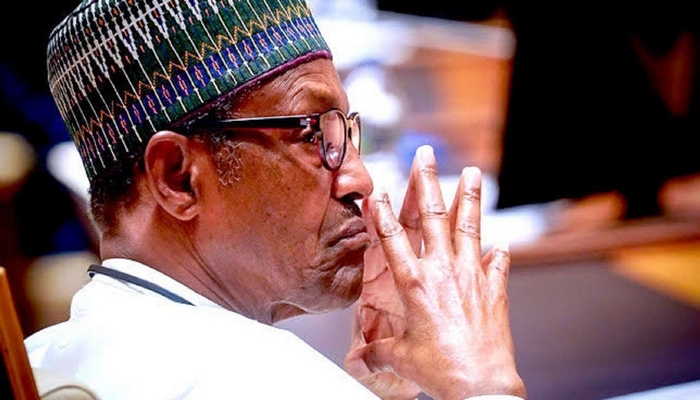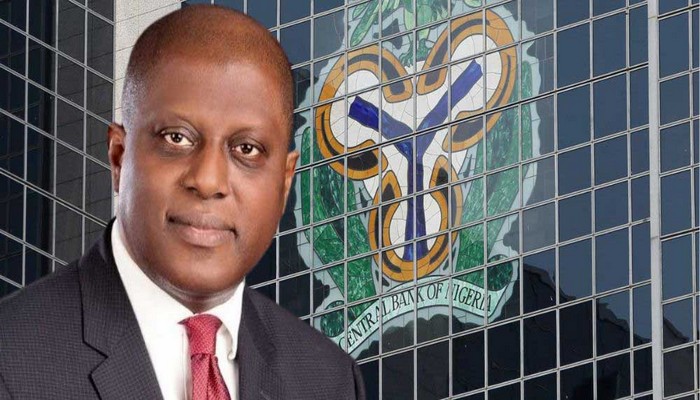US condemns Twitter ban, says restricting Nigerians’ ability to disseminate opinions has no place in democracy

United States government has condemned the Twitter ban by the Federal Government Nigerian and the threat to prosecute users of the microblogging platform.
In a statement on Thursday signed by the spokesperson of the State Department, Ned Price, the US called on the Nigerian government to respect its citizens’ right to freedom of expression by reversing the ban.
US said “unduly restricting the ability of Nigerians to report, gather, and disseminate opinions and information had no place in a democracy.”
The statement read: “The United States condemns the ongoing suspension of Twitter by the Nigerian government and subsequent threats to arrest and prosecute Nigerians who use Twitter. The United States is likewise concerned that the Nigerian National Broadcasting Commission ordered all television and radio broadcasters to cease using Twitter.
“Unduly restricting the ability of Nigerians to report, gather, and disseminate opinions and information has no place in a democracy. Freedom of expression and access to information both online and offline are foundational to prosperous and secure democratic societies.
“We support Nigeria as it works towards unity, peace, and prosperity. As its partner, we call on the government to respect its citizens’ right to freedom of expression by reversing this suspension.”
The Federal Government had last Friday suspended, indefinitely, the operations of the micro-blogging and social networking service site in Nigeria, citing the persistent use of the Twitter platform for activities that were capable of undermining Nigeria’s corporate existence.
Twitter ban was announced by the Information Minister, Lai Mohammed, two days after Twitter deleted President Muhammadu Buhari’s tweet posted wherein he threatened to deal with secessionists “in the language they understand”.
The social media networking site had said the tweet violated the Twitter Rules.
The ban has attracted widespread condemnations as Nigerians described it as violation of rights of citizens and a prelude to dictatorship.






